In recent weeks, several events have occurred that show the growing strength of the East and the global South. Can we say that we are living in an emerging multipolar world order?
I do think we can say that we are living in an emerging multipolar world order. However, among the great powers, there are two powers that truly stand out. China and the United States. And this is also what Prime Minister Viktor Orban referred to in his speech in Baile Tusnad when he said that there are two suns in the sky. In the Western world, the United States remains fairly hegemonic, culturally and politically influential as well as economically powerful.
However, if we look at the world more broadly, we see that Western influence has been declining and that there are a number of new centers rising that seem to be gaining gravity and weight.
This is primarily true economically, but perhaps also increasingly in political, cultural and intellectual terms. China has become the largest industrial exporter in world history, with an enormous capacity for industrial production, but this doesn't carry so much political and cultural influence outside of its borders. But the situation might be changing and we are, it seems, in a period of transition.
You haven't mentioned Europe in this formula. Our continent is clearly lagging behind in terms of change. What can we do to gain the most benefits?
The fact that the EU is in geopolitical terms probably less important than both the United States and China might have advantages and disadvantages. Europe is not playing in the same league as the two other actors, which also means that it is not, in principle, getting dragged into the worst of geopolitical competition. So this also opens up some opportunities for European countries to stay close to the United States in many ways, while building and maintaining fairly constructive relations with China. And this will potentially bring a crucial benefit for the well-being of Europeans.
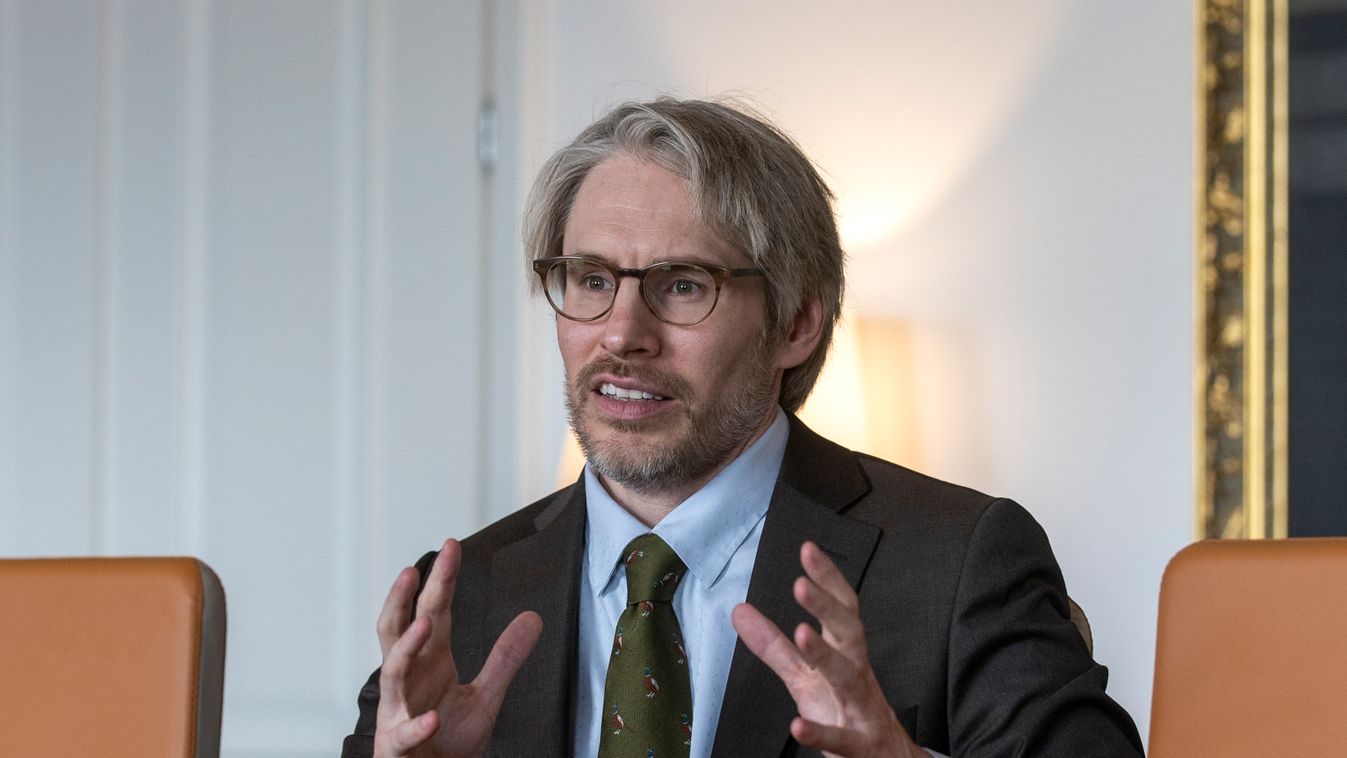
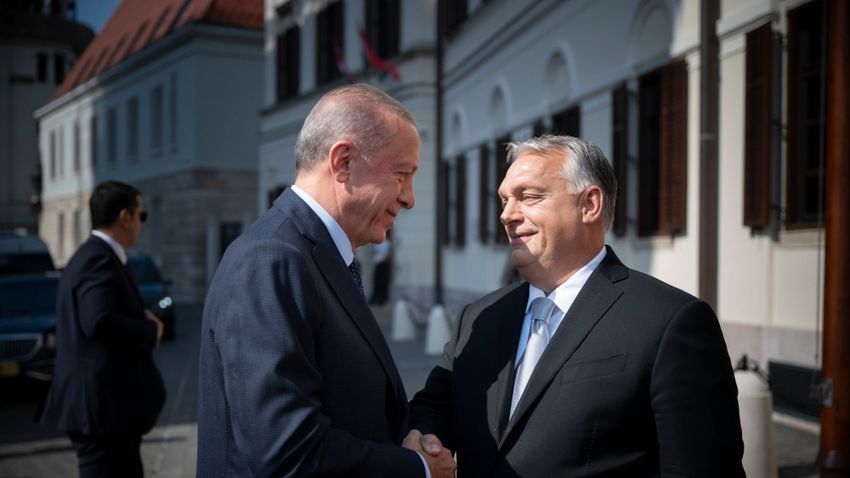
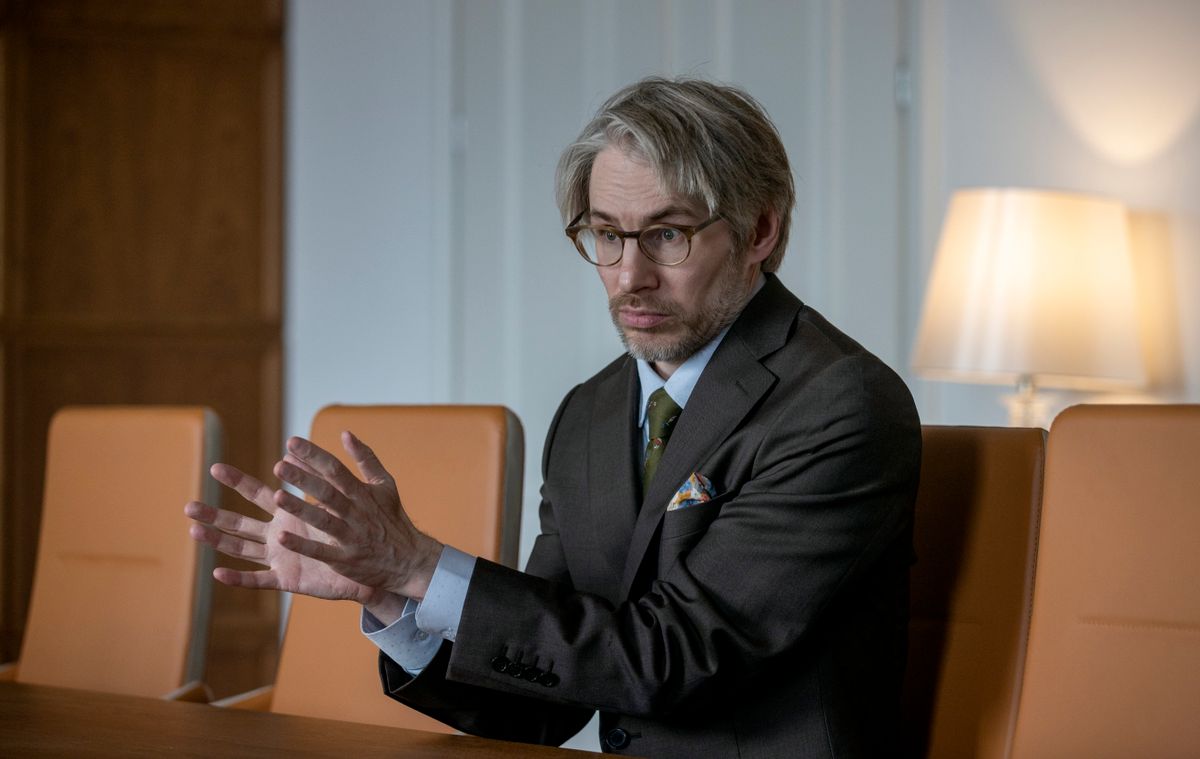

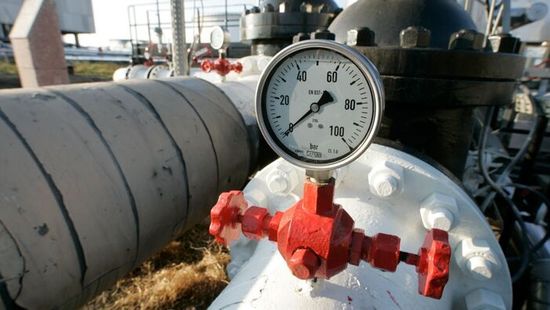
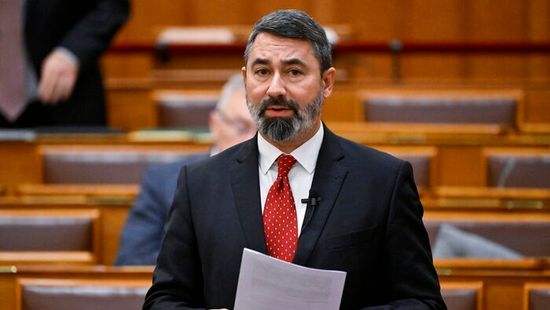
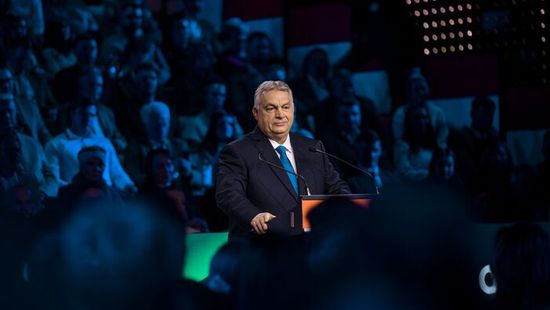

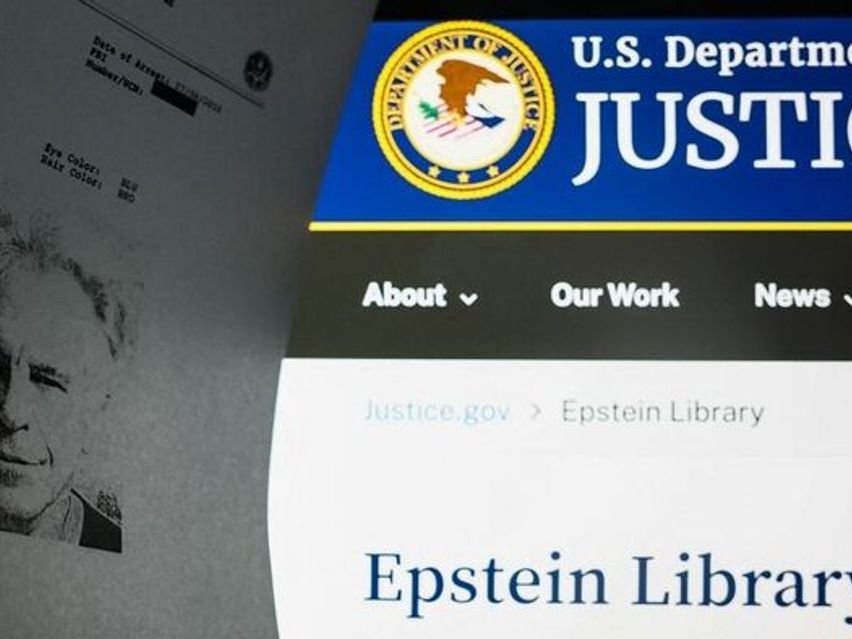
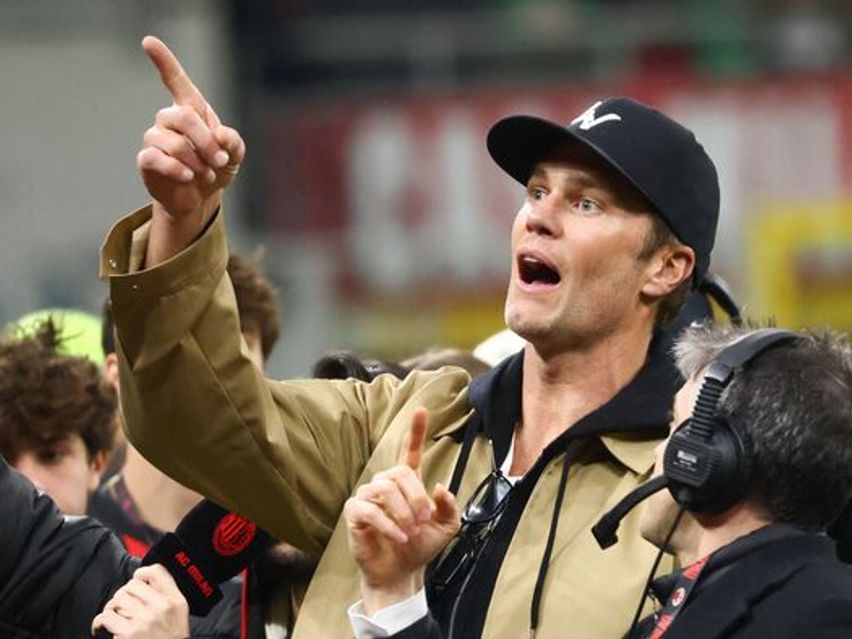





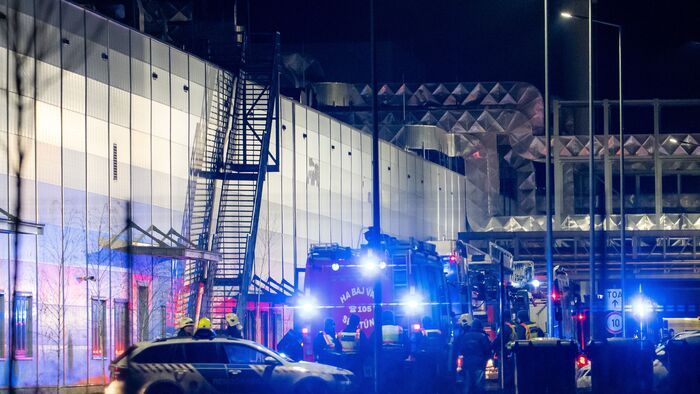
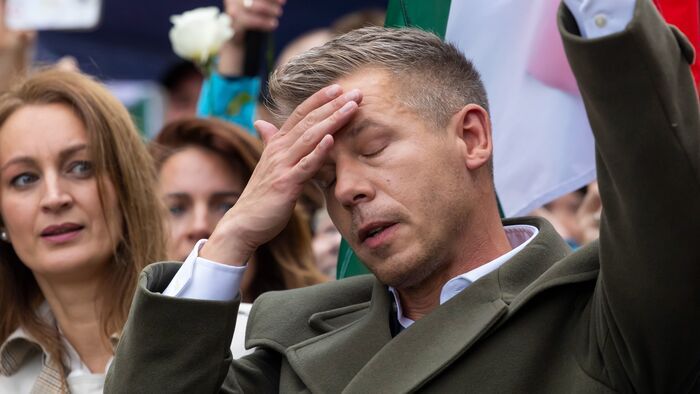
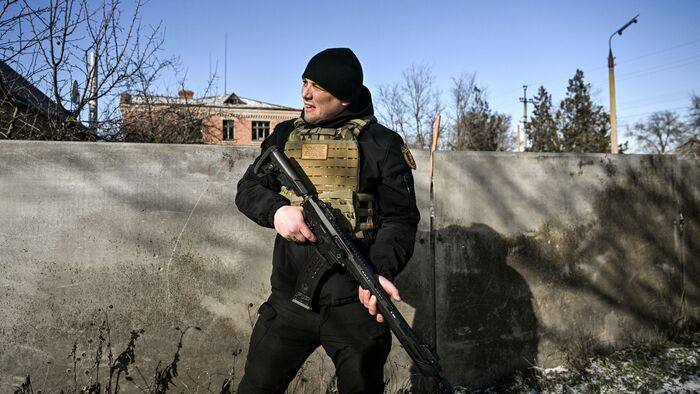
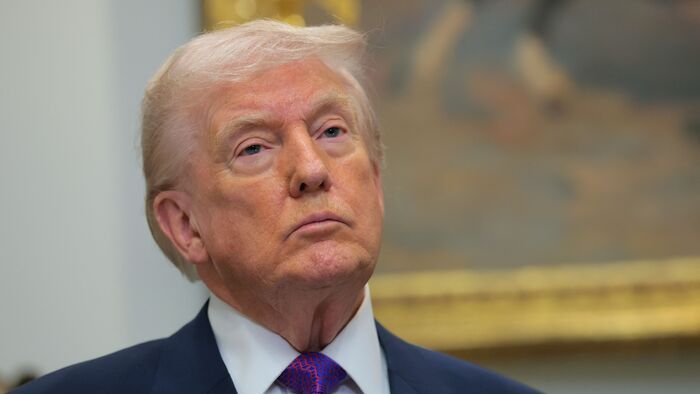






Szóljon hozzá!
Jelenleg csak a hozzászólások egy kis részét látja. Hozzászóláshoz és a további kommentek megtekintéséhez lépjen be, vagy regisztráljon!